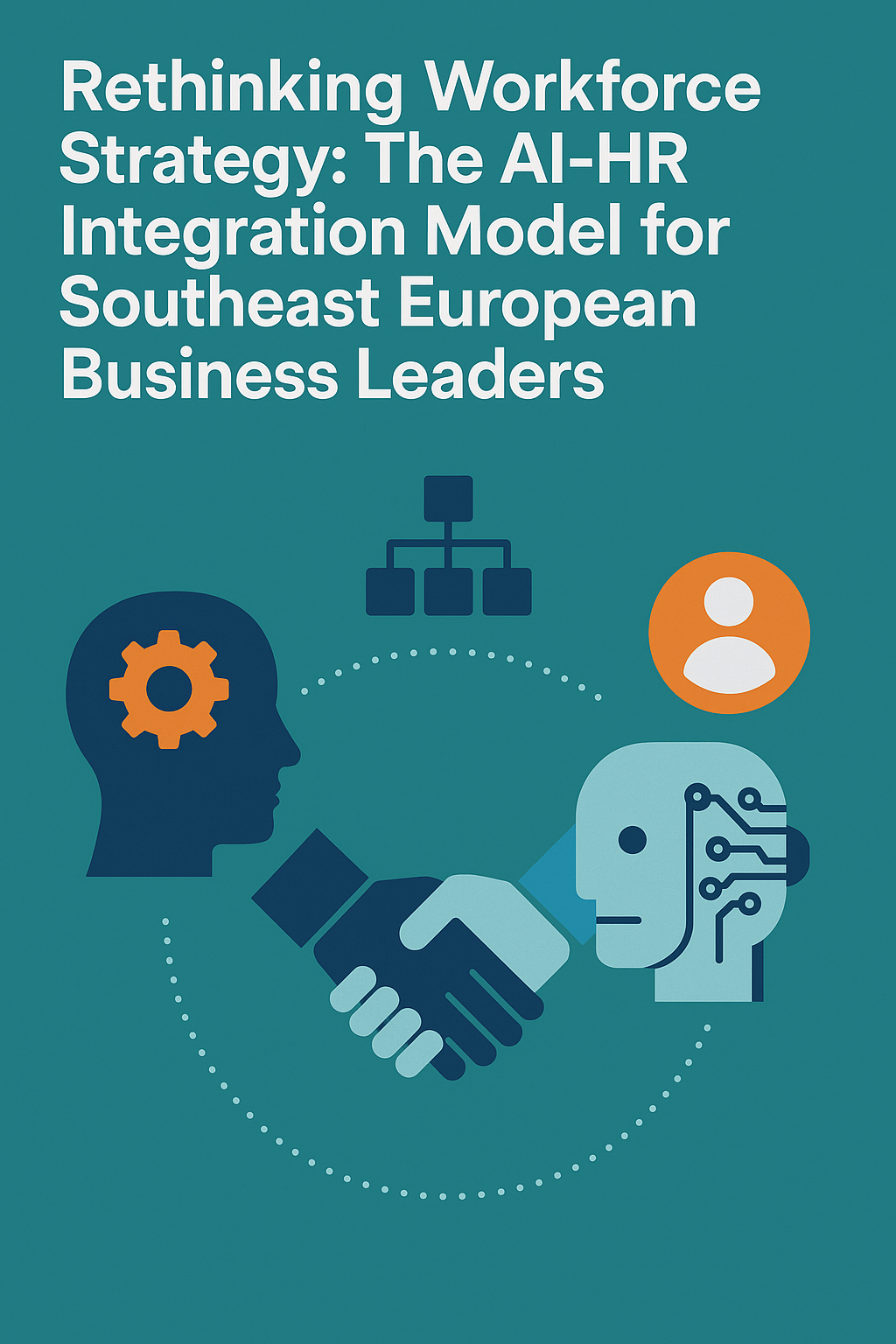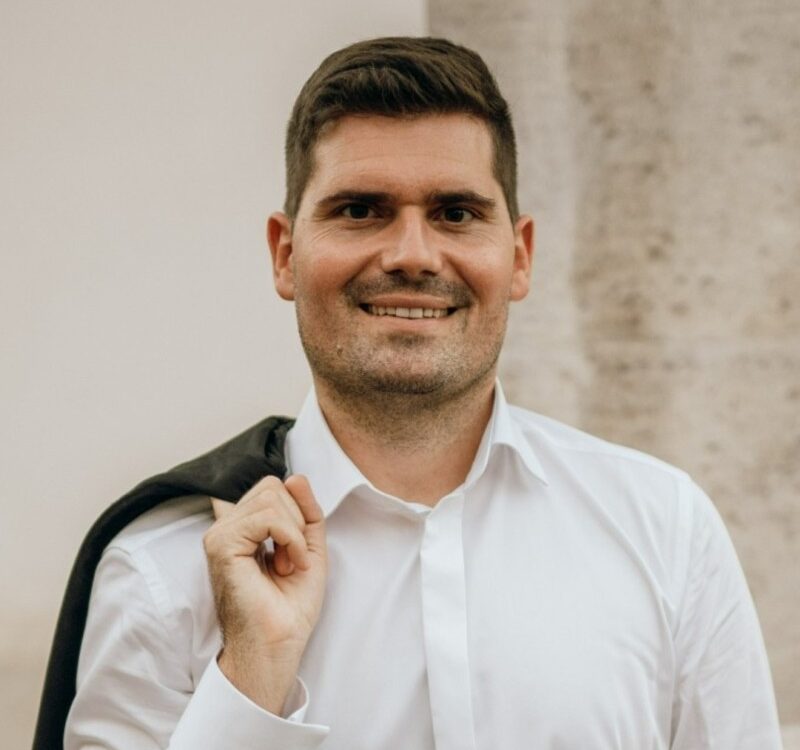From Balance to Centeredness: A New Perspective on Work and Life
The Illusion of Work-Life Balance
Do you feel like your life is in balance? Are your priorities clear? For many, the lines between work and life have become blurred. Some feel overwhelmed by work demands, sacrificing personal relationships and health. Others intentionally pour themselves into work—driven by ambition, insecurity, or avoidance—only to find themselves burned out and unfulfilled.
On the opposite end, some people lack ambition in their professional lives. They quietly carry guilt for not doing more, especially when surrounded by “go-getters.” Over time, however, they may realize: maybe there’s nothing wrong with them—maybe there’s something right.
The “Wage Slave” Mentality
Many people see work as a necessary evil. They clock in daily just to pay bills and feed the family, viewing work as a separate compartment of life. This mindset splits life into segments, making it hard to find joy or meaning. Living a third of your life in reluctant tolerance makes it difficult to be truly happy in the other two-thirds.
The Obsession with Balance
Then there are the “balance seekers”—those who chase the perfect blend of work, family, hobbies, and personal growth. They plan, schedule, and measure, trying to “get it all right.” But even with careful time management, they still feel stretched, stressed, and unsatisfied. That’s because true balance isn’t about perfectly dividing your time—it’s about something deeper.
The Shift to Being Centered
Some rare individuals stop chasing balance altogether. They no longer measure their success by how well they juggle everything. Instead, they’ve discovered a more powerful state: being centered.
The centered person doesn’t react to life as a series of demands. They respond from a grounded place of clarity and presence. While others scramble to prioritize and manage chaos, the centered individual brings calm, purpose, and intention to every moment.
Balance vs. Center: What’s the Difference?
The Balance-Seeking Person (BSP) sees life in parts—work, family, self-care, leisure—and tries to distribute time fairly among them. They often feel guilt or anxiety when one area seems neglected.
In contrast, the Centered Person (CP) sees life as a whole. They adjust naturally to what each situation requires, trusting that things will flow back into equilibrium. They don’t measure time—they give attention where it matters most.
Motivation and Intention
The BSP acts with the intention to get something—money from work, love from family, relaxation from hobbies. The CP acts with the intention to give—time, care, wisdom, support—because they view themselves as a source, not a seeker. As a result, the CP feels empowered and fulfilled, while the BSP often struggles with unmet expectations and fear of failure.
Values and Fulfillment
Where the BSP chases external rewards—possessions, position, validation—the CP lives by internal values like compassion, joy, and integrity. That’s why they can remain grounded even during crisis. The BSP’s acquired values are fragile and can be lost; the CP’s innate values are stable and enduring.
Approval vs. Self-Worth
The BSP often needs approval to feel worthy. The CP doesn’t seek validation—they know their worth comes from within. They live from the inside out, not the outside in.
While the BSP looks for techniques, coaches, and life hacks to stay balanced, the CP turns inward. They cultivate self-awareness and trust their own wisdom. They know that lasting fulfillment flows from their inner core, not external achievements.
Final Insight: From Coaching to Self-Leadership
A BSP might rely on a life coach to find clarity. A CP, however, becomes their own coach. They realize that no one else can define or manage their life for them. Fulfillment comes not from external planning, but from internal alignment—with the heart of your being, not just the mind.
Reflective Practice
- Question: Why do so many people struggle to implement a true work-life balance?
- Reflection: What is the most important difference between being balanced and being centered?
- Action: What small shift can you make today to move toward a more centered way of living?







